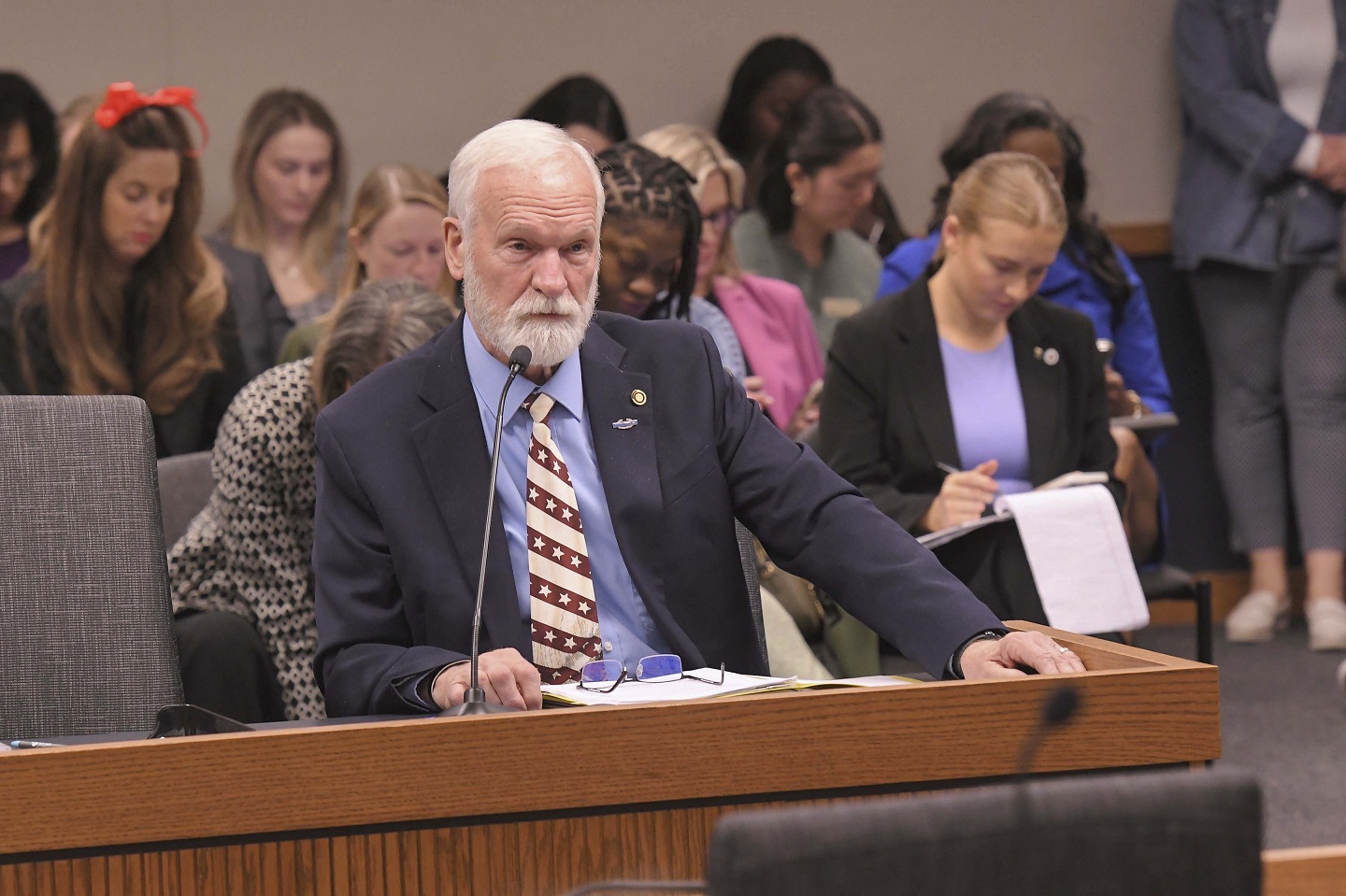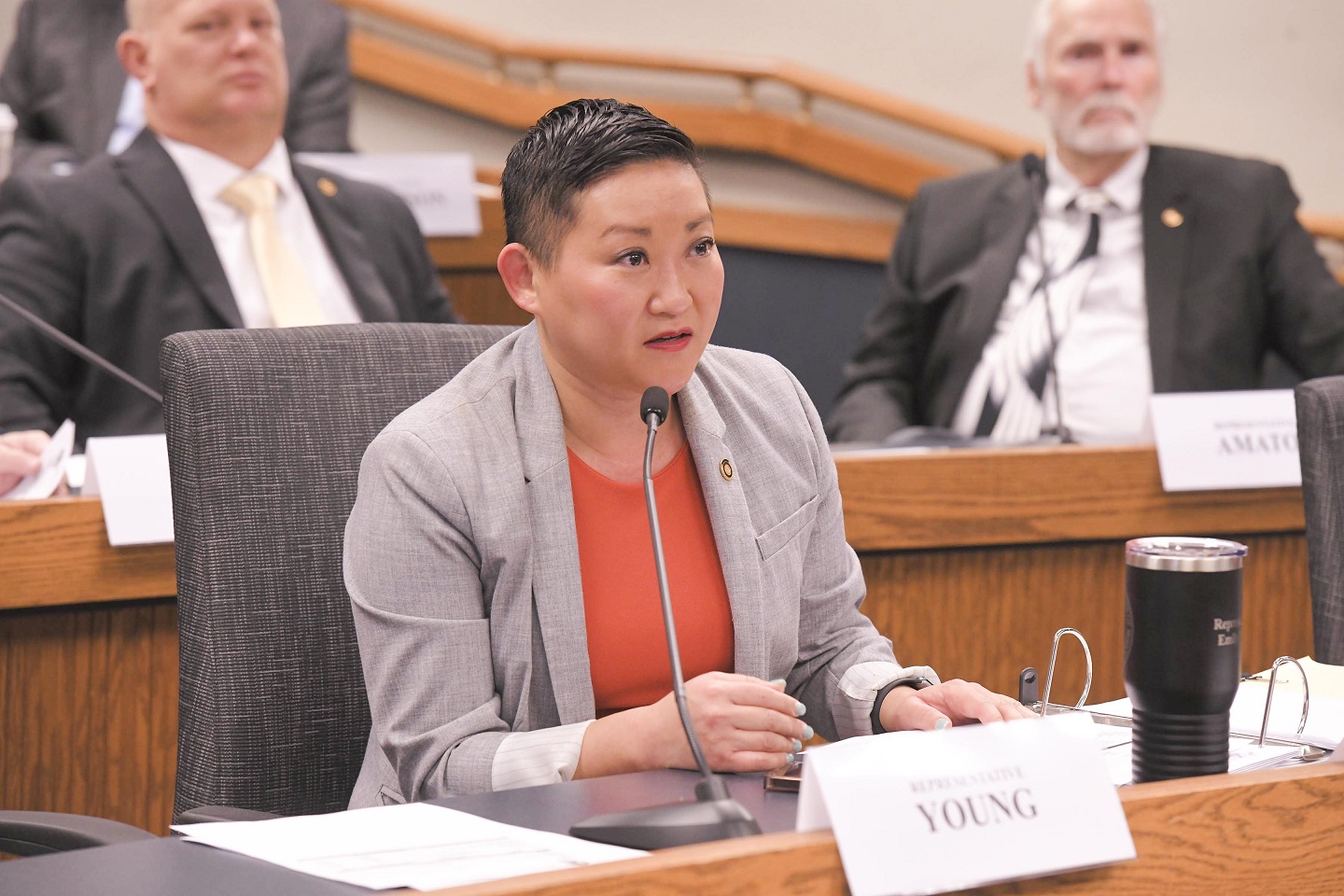Missouri House Democrats discussed issues and legislation from this week and answered reporters’ questions.
Tag: Anthony Ealy
Allergy safety in child care facilities the subject of House plan with bipartisan backing
Legislation that stems from the tragic death of a boy in Harlem in 2017 is back before the Missouri House.

(Photo courtesy of Thomas Silvera)
Though the operators of 3-year-old Elijah-Alavi Silvera’s daycare had been told he had a severe dairy allergy, he was given a grilled cheese sandwich. He went into severe anaphylactic shock and died. His death prompted his father to spearhead an effort that became known as “Elijah’s Law,” which was passed in the State of New York in 2019.
Since then it has also become law in Illinois and Virginia and as an ordinance in Kansas City. Missouri is one of five states in which it is proposed this year.
It is found in House Bill 2552, which would allow doctors to prescribe epinephrine auto-injectors, more commonly known as “epi-pens,” to childcare facilities. It would also require licensed childcare providers to adopt a policy on allergy prevention and response, with a special emphasis on deadly food-borne allergies.
The bill’s sponsor, Representative Jim Schulte (R-New Bloomfield), presented it last week to the House Committee on Healthcare Reform.

There are some concerns among lawmakers, including a question of cost. Epi-pens are expensive, and the bill does not address how the cost for them might be covered. Schulte said grant programs are available and could apply.
Legislators also questioned a provision that would have the Department of Elementary and Secondary Education develop a model policy for allergy prevention and response and a guide for childcare providers. Some legislators suggest that would be better handled by a different agency.
Representative Anthony Ealy (D-Grandview) said it doesn’t matter to him from where the policy comes, as long as it is exhaustive.

Committee Chairman Kent Haden (R-Mexico) said those are fair concerns, but at the heart of the bill is a serious issue that deserves attention.
Also sponsoring the same language is Representative Emily Weber (D-Kansas City), who said regardless of whether this bill becomes law, she hopes it raises awareness among the state’s childcare facilities.

Similar proposals were filed by Weber and Ealy last year but neither was the subject of a hearing. Both say they are just glad to see the language getting traction, with Schulte’s version.
The Healthcare Reform Committee has not voted on Schulte’s bill. Weber’s version is House Bill 2036, and Ealy’s version is House Bill 2364.
Radio stations note: “Alavi” in Elijah-Alavi Silvera is pronounced like “Allah-vee”
Note to reporters: though sometimes reported otherwise, Elijah-Alavi Silvera had an allergy to dairy, not peanuts. This was confirmed by his father, Thomas.